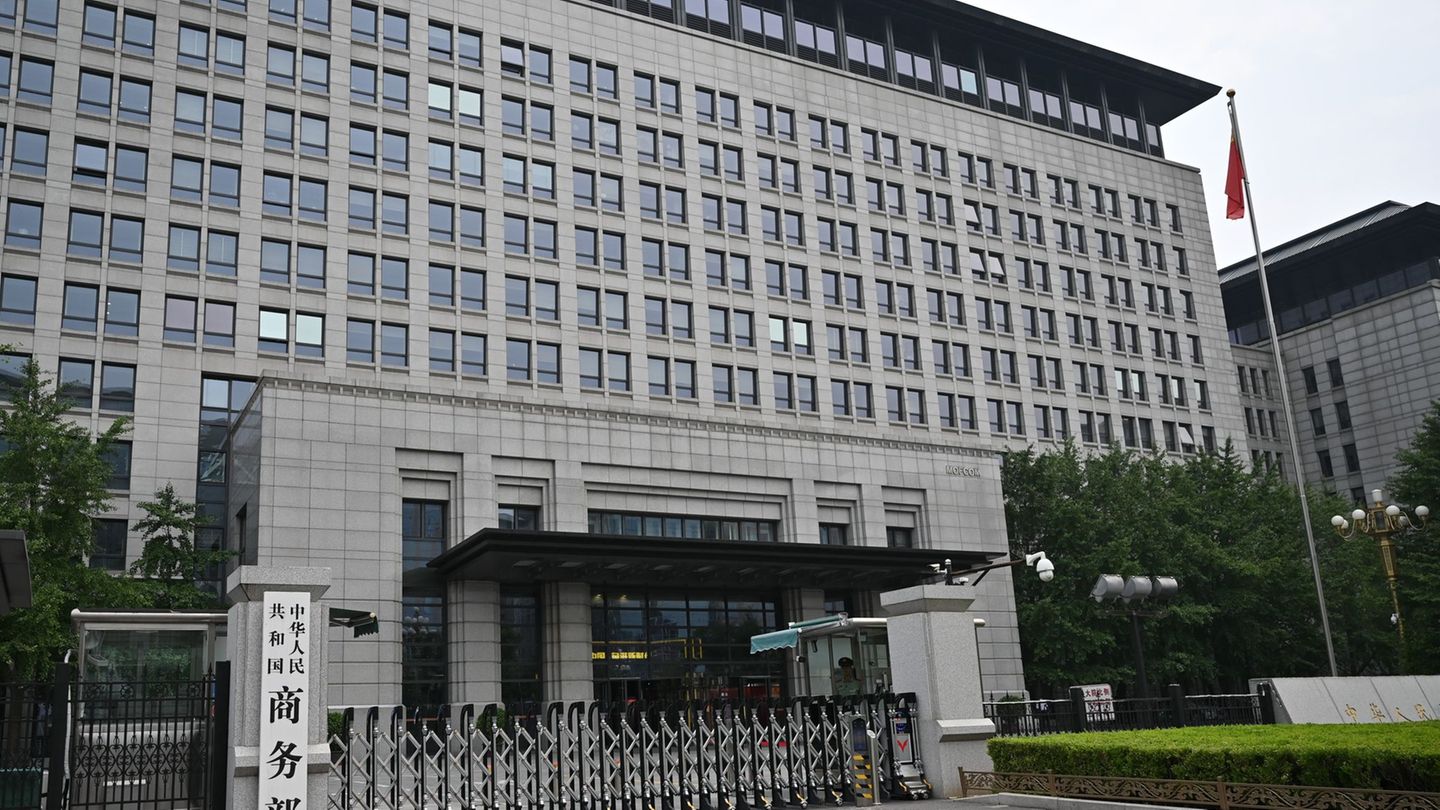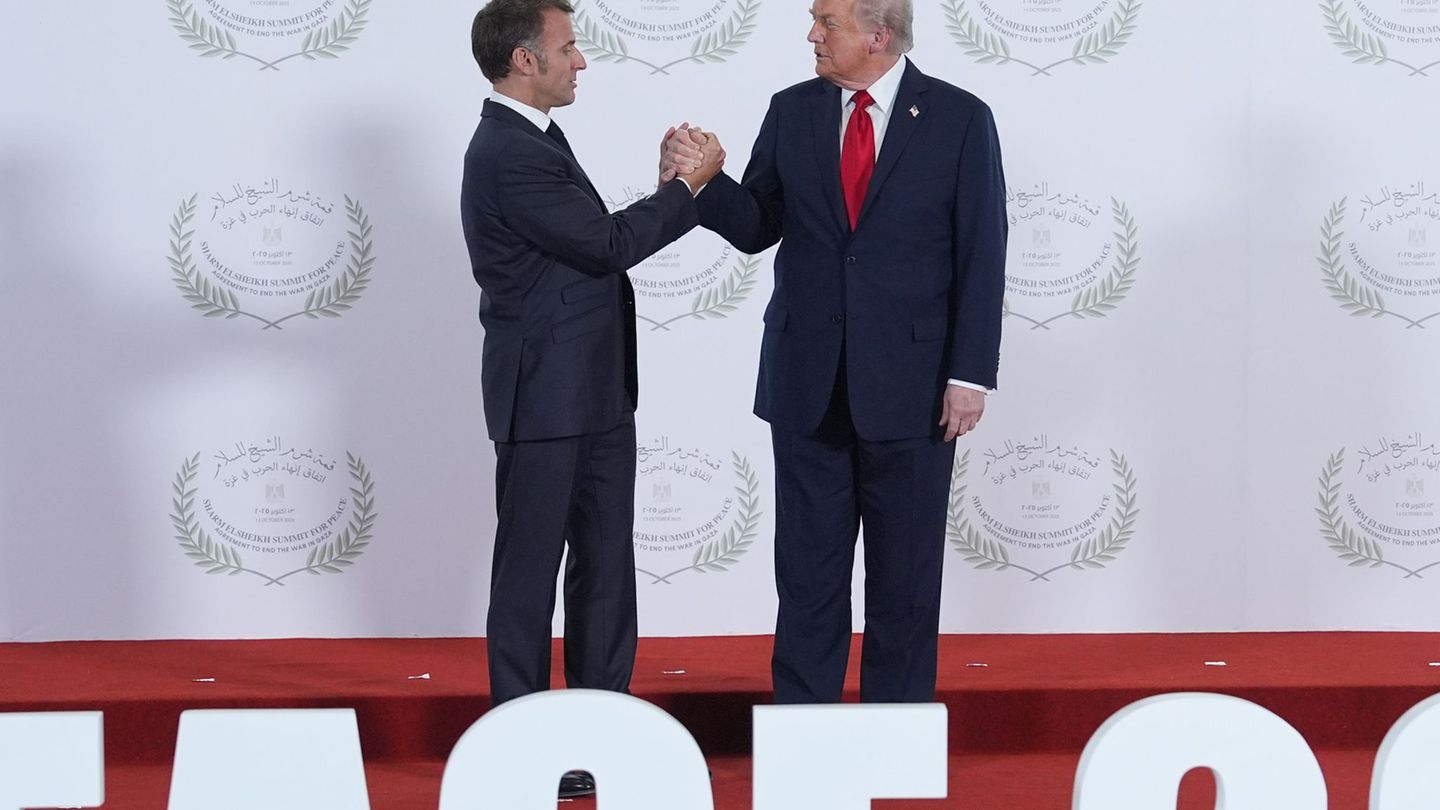The “RIGI” regime for large investments included in the “Bases Law” is objected to from different sectors, being one of the main obstacles to its approval in the Senate. Criticism is based on the fact that it would be too “beneficial” and that it would generate “inequalities” with respect to companies not subject to the regime, especially SMEs. From Lógica we warn that The rates and other institutes of the RIGI would qualify as a standard tax regime in the international framework. And it should be taken as a first step towards a “RIGI” of general scope, as soon as possible.
First, the framework of the issue. According to the World Bank, since 2015 Argentina has been the country with the highest taxes in the world (SME witness case method). In 2023, the UIA, in its report “Formal Fiscal Burden”, provided two other methods. Analyzing tax by tax in 30 countries (G20 and South America), it concludes that in 6 of the 7 main taxes Argentina has the most burdensome (except 4th place in VAT). And that, weighing the tax pressure (OECD) due to informality (ILO), it has a formal or “blank” tax pressure of 50.7%, the highest among those 30. Main result: 47 million Argentines support more than 40% and up to more than 50% taxes when consuming. In addition to the highest world inflation. This is the starting point of all tax discussions in Argentina.
Second, As a general principle, any special regime generates distortions, which is why it should be applied very exceptionally, as a last resort (necessary evil) and for a limited time.
Third, Let’s analyze the main “benefits” of RIGI: 1) Income Tax: reduction of the rate from 35% to 25%; computing amortization on an accelerated basis, instead of linearly; computation of losses unlimitedly instead of for 5 years; updating for inflation as a rule and not just as an exception (if a certain three-year inflation is exceeded); 2) VAT: refund of credits within 3 months, instead of frozen until there are enough sales; 3) Check Tax: 100% computation as income tax credit, instead of just a portion; 4) Customs: exemption from import duties for capital goods and export duties (after 3 years); 5) Exchange: exceptions to settle foreign currencies; etc
Room, Let’s compare with other countries. The average corporate income tax rate in those 30 countries is 25.3%. For example, in Chile they apply 25-27% and each of those other “benefits” (even greater) are part of the general tax system for all their companies. They have no check tax, no export duties or exchange restrictions. Another country, Paraguay, has a much more attractive regime, 10% for both profits and VAT. In other words, the RIGI would qualify as a standard tax system compared to those of other countries.
Fifth, Background. Our taxes are so burdensome that they prevented the “rain of investments” of the Cambiemos government, even with all the wind in our favor. The tax alone, without exchange restrictions and with inflation much lower than the current one, destroyed investment consultations and prolonged the fiscal tragedy. The current government has yet to fulfill its promise of a general reduction in taxes and has already announced that it will do so only when it lifts the restrictions and gradually. Until then, the large investments necessary for sustained growth would be impossible without a standard tax regime; plus stability for 30 years, given the Argentine legal-tax insecurity, and which is not new given that it applies to mining and forestry investments.
Sixth, criticism of politics and the third sector. Among others, a senator, head of the “dialogue” party, maintained that the RIGI is the tax system “most generous in the world, with tax cuts of all types and colors”. And from a foundation it was maintained that it is the “most generous regime in the history of the country”. When saying “benefits” or “generous”, it is assumed that we are starting from a standard tax system. But it’s not like that. By three different methods, Argentina has the most burdensome tax system of all, a regime that has fallen off the map. Just as it would not be logical to take the most attractive regime (Paraguay) to affirm that the RIGI is a “very burdensome” system, it is also not logical to compare it with our general system to say that the RIGI is the “most generous” in the world or in the history. The comparison is with respect to other countries, not with our highest taxes in the world.
Seventh, the objections of the business community. Valid criticism is made from different entities, including demonstrations by SMEs in Congress, due to the inequalities and distortions that a special regime like the RIGI would generate for companies outside the regime. But until large investments begin to pay taxes, it will take enough time for the entire tax system to converge on the RIGI. For this, it is necessary not only the decision of politics but of a business community much more involved in fiscal matters, that actively proposes and demands, that generates awareness in all sectors, beyond the political color of the day, and not that it remembers the tax every time a bill is sent, running each reform behind. In our work “The business sector of the most burdensome country in the world” We argue how functional the attitude of said sector has been towards the economic tragedy for not having included fiscal issues in its agenda. For example, in a representative sample of the programs of the main annual business conferences, there were inevitable panels (for example, labor, technology, etc.), while tax panels were only 2.5% and public spending panels were less than 1%. % of the total.
Conclusions. In the May Pact, 50% of the 10 points are fiscal issues. The difference between 2.5% and 50% represents the potential of what the business community can contribute to the tax issue and so that a “general RIGI” becomes a reality as soon as possible. The new cycle opened an opportunity for civil society, in a non-partisan manner and without fear of reprisals, to act proactively, demanding and contributing to the authorities and society so that Argentina stops being the most burdensome country and citizens do not have to continue buying a product for the State every time it is difficult for them to buy one for themselves, to become a prosperous country, with opportunities and work for everyone. It is not against the RIGI. But to leverage it to ensure that the RIGI treatment is applied to all companies.
President of Lógica, a non-partisan NGO dedicated to generating fiscal awareness in society
Source: Ambito
David William is a talented author who has made a name for himself in the world of writing. He is a professional author who writes on a wide range of topics, from general interest to opinion news. David is currently working as a writer at 24 hours worlds where he brings his unique perspective and in-depth research to his articles, making them both informative and engaging.




